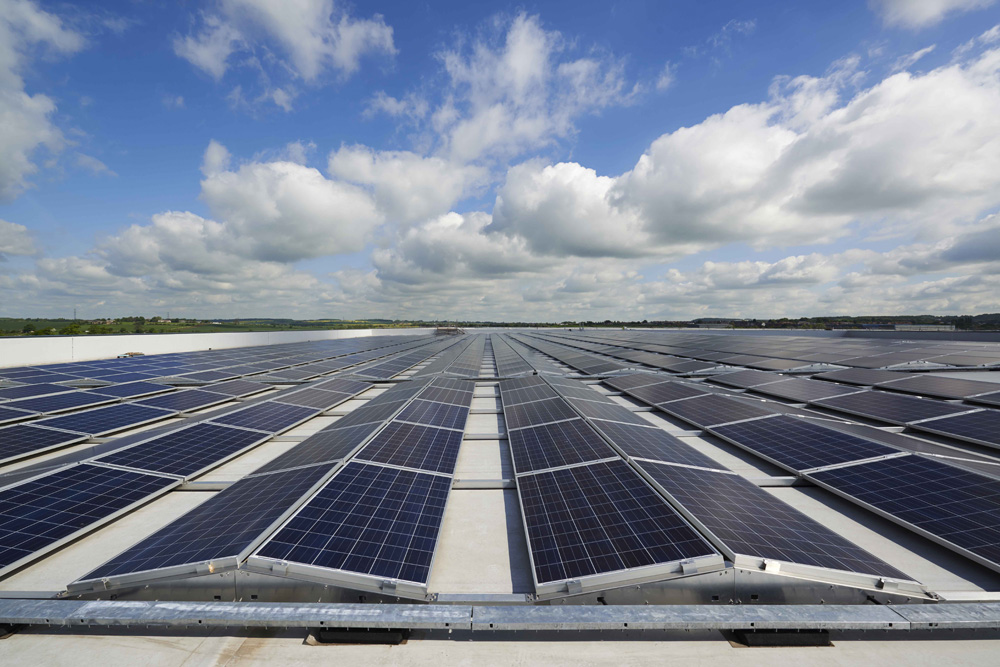
The Federation of Small Businesses (FSB) has called on the government to act over the proposed solar business rate increase, arguing it could act as a “huge disincentive” for SMEs to invest in the technology.
Since the proposed increase in rateable values was disclosed last summer there has been growing discontent within both the renewables and business lobbies. The increase, which could see business rates attached to solar installations rise eight-fold from 1 April 2017, risks further impacting upon a solar industry already suffering at the hands of recent subsidy cuts.
While the Solar Trade Association (STA) successfully negotiated a concession for installations which export the majority of their generation to the national grid, those designed for self-consumption remain subject to significant tax hikes.
Those increases have now attracted the ire of the FSB, which has called upon the UK government to consider a more consistent tax incentive framework to be applied across all forms of energy generation.
Yesterday the FSB published its ‘Price of Power’ report, within which it said: “They [government] should move away from the patchwork system of subsidies for some, tax incentives for others, and no incentives for many. The current system lacks transparency, long-term security and fairness. Government must ensure that microgeneration and efficiency investments at business premises are not punished through additional business rates rises.”
It noted research by the STA that found that while 12% of small businesses generated their own electricity, the majority of this was attributed to businesses based out of an individual’s home or a premises attached to a home.
Non-homebased businesses generating their own electricity stood at just 7%.
While the Department for Business, Energy and Industrial Strategy (BEIS) said in September that it was to look “very closely” at the business rates issue – and has continued to suggest it is on the department’s radar – there has been little movement since the STA’s concession.
Recent answers to parliamentary written questions merely reference a £3.6 billion transitional relief scheme that is to be put in place to protect ratepayers from “unfair” penalties.
